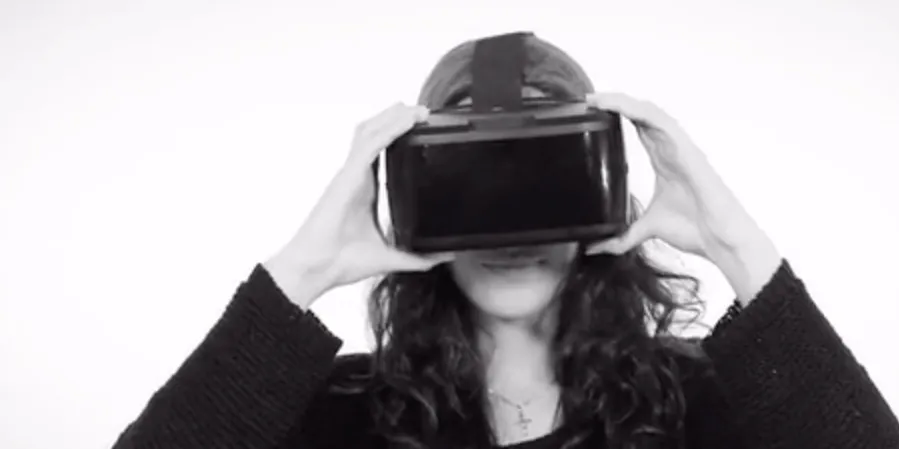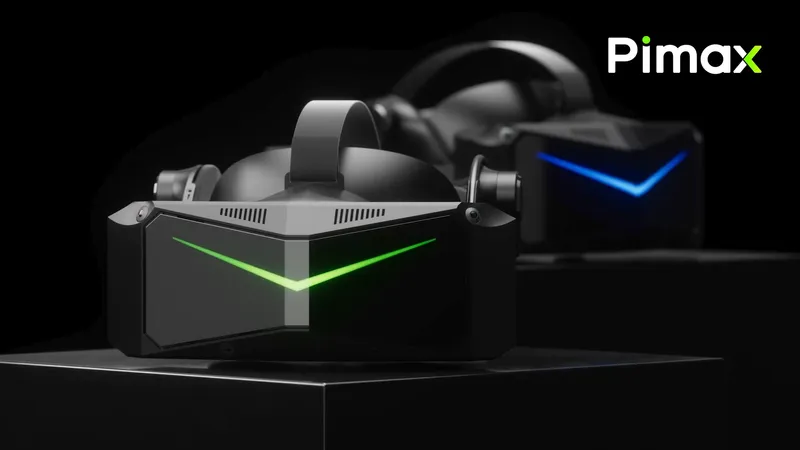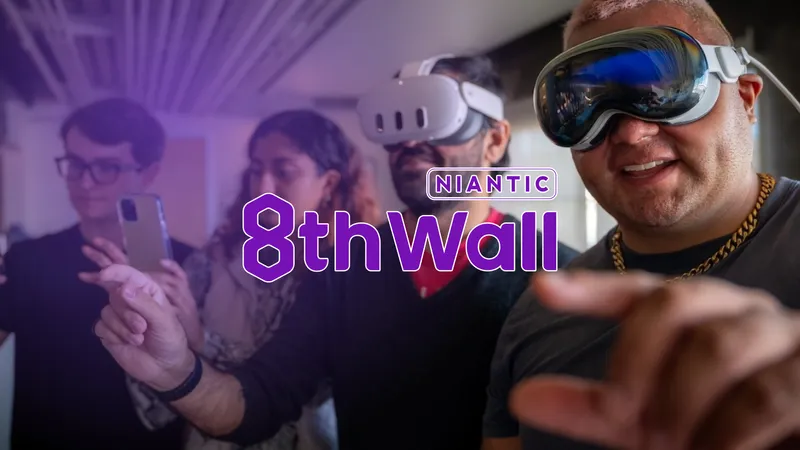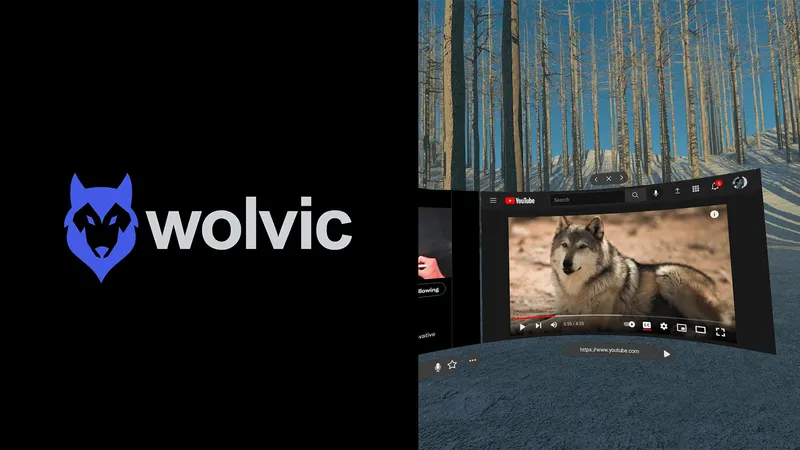A Kickstarter project promising a standalone VR headset is rapidly approaching its $150,000 goal with several weeks of fundraising left.
The headset is being called “AuraVisor” and the project’s U.K.-based creators claim a lot of very tempting things, including the device being “fully beta tested” and “production ready” with stats such as FOV and latency comparable to other soon-to-launch consumer headsets like Rift and Vive. However, developing an HMD and bringing it to market is extremely difficult and we haven’t seen this hardware ourselves so the claims are unsubstantiated. We couldn’t spot any obvious red flags from the project page that would suggest it is unrealistic but the project is claimed as “the first virtual reality system with on board computer” and it isn’t. For example, the system is similar to the work of GameFace Labs, which has been developing a standalone Android-based headset for some time.
“Glad to see others are realizing standalone VR is the way to go!” GameFace Labs commented on the project. GameFace also appears to have backed the project.
The rapid fundraising should be taken as a sign of enthusiasm for a VR system that can run on its own without requiring a separate phone or PC. Unfortunately, tech limitations like mobile graphics chips and the heavy power needs of positional tracking mean mobile VR systems, whether standalone or using a phone, are quite limited in 2015 compared with their wired counterparts. They offer portability but make other sacrifices limiting the range of experiences possible. You generally have to stay seated or standing in place and can’t lean around a virtual environment for risk of making yourself feel nauseous.
That’s not to say things won’t change eventually as technology improves, but it means only the most dedicated enthusiasts are likely to want to adopt such a device, especially something like AuraVisor that comes with all the risks of Kickstarter. The project features several nearly “sold out” pledge tiers asking for the same amount — about $237 — to pre-order the device discounted for estimated delivery in the middle of next year.
Here’s the link to the project.



























